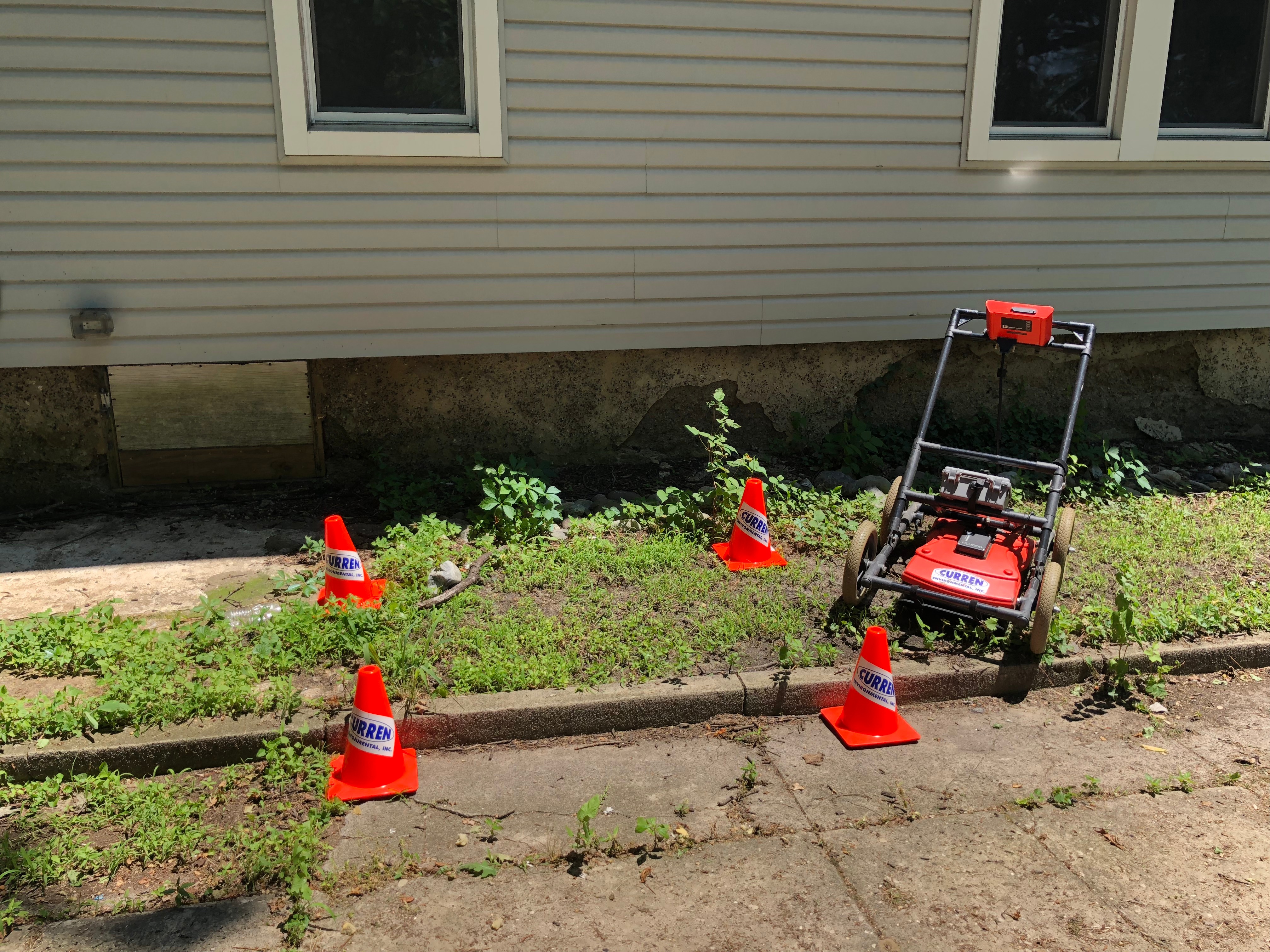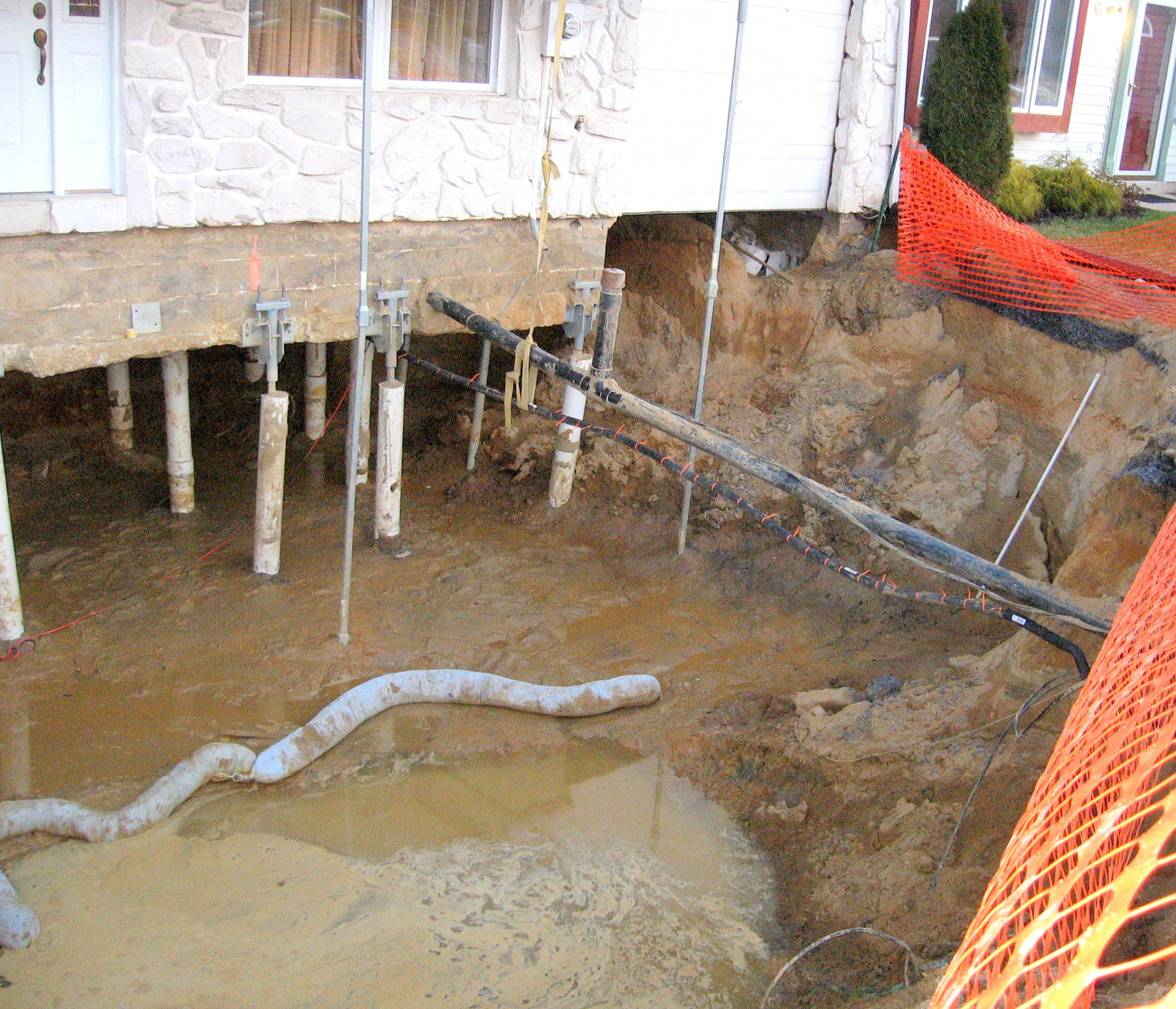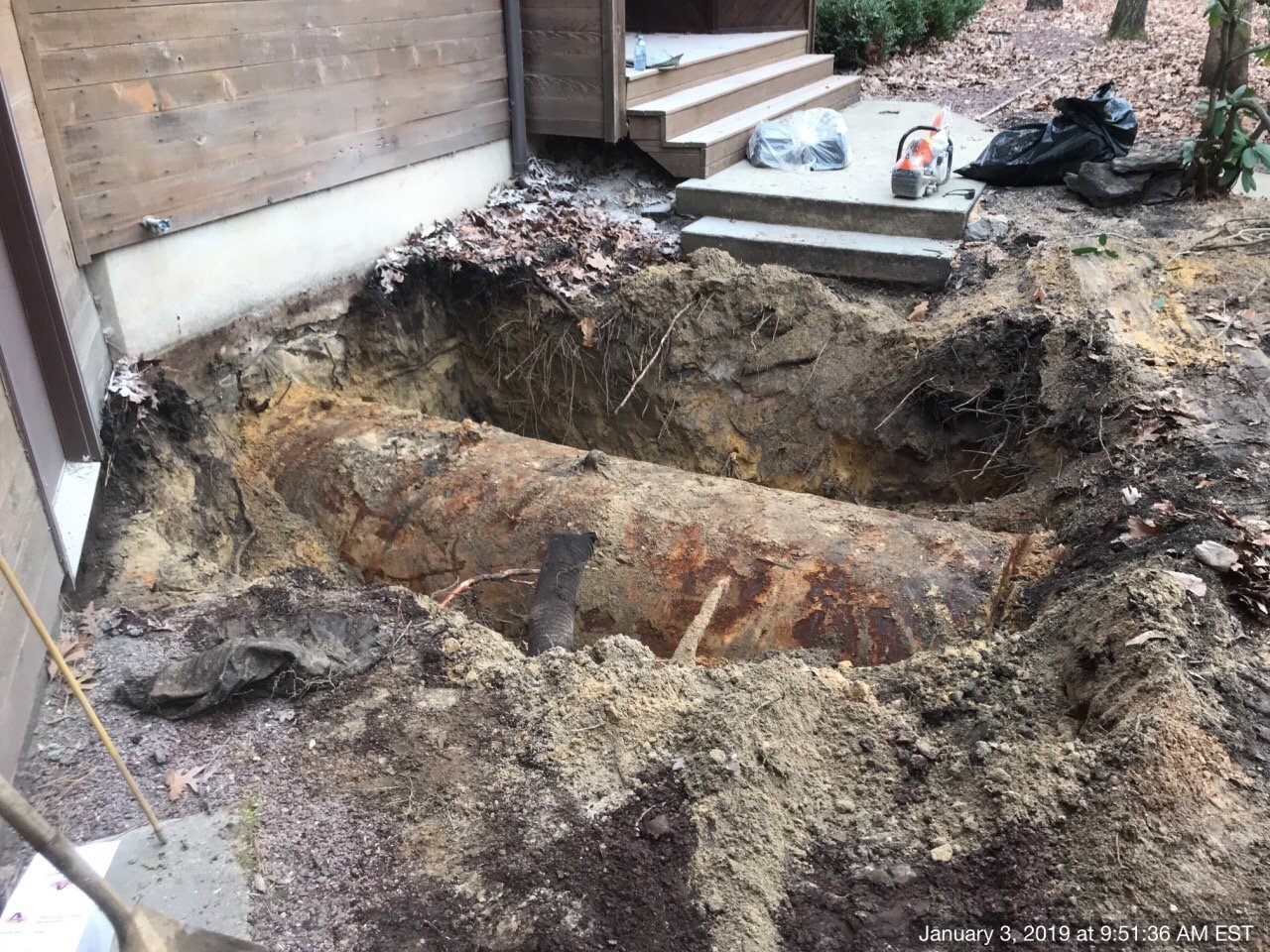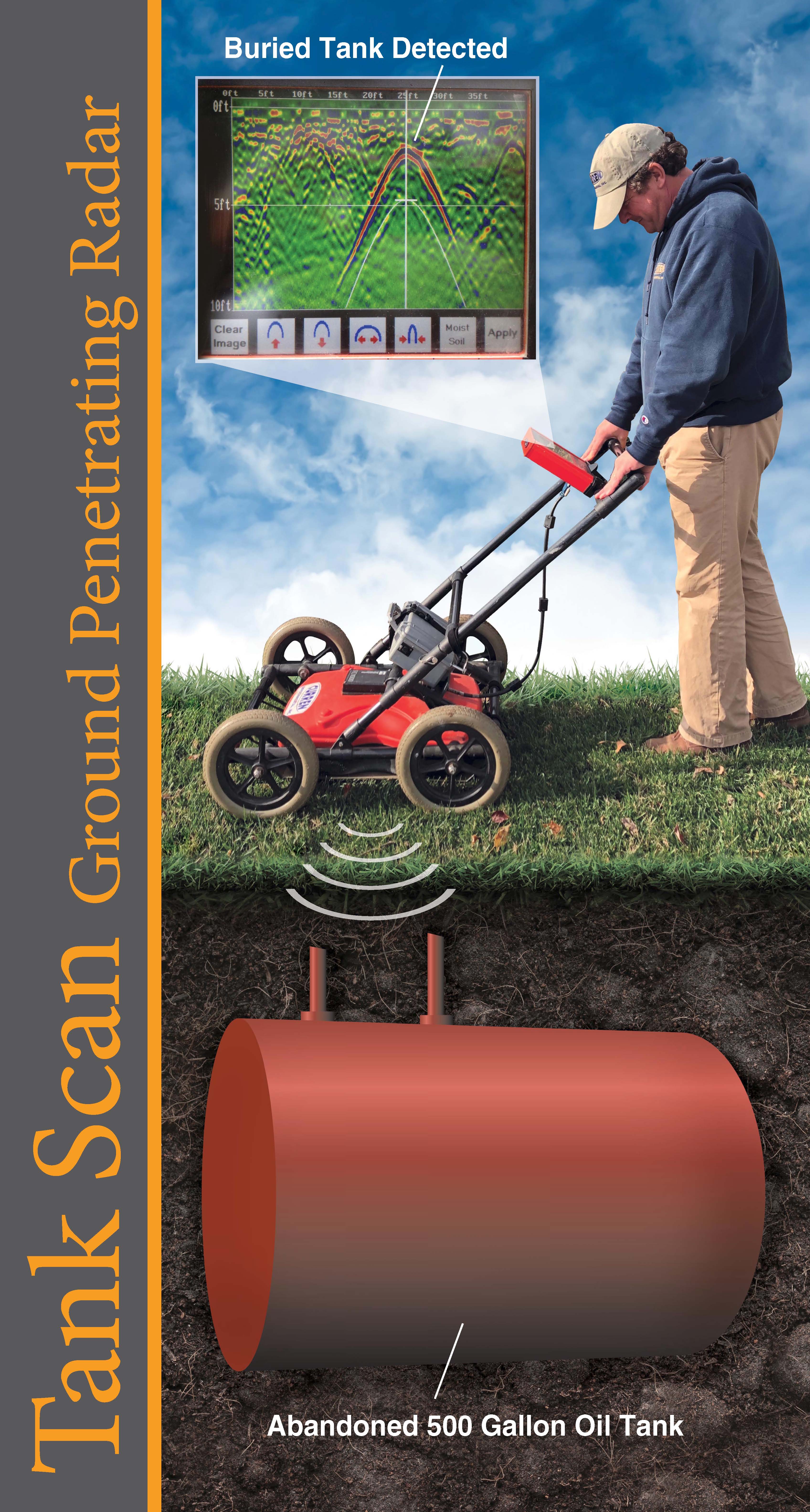Why performing a Tank Sweep?
There are many inspections performed when buying a home, and most are cursory visual inspections of the HVAC system, soffits, chimneys, foundation, plumbing, sidewalks, decks, swimming pools, etc. These building components are commonly evaluated as part of your home inspection. What is missed by many buyers is the environmental liability aspect of purchasing a home. Environmental can be asbestos, radon, mold, lead paint and oil tanks. Of all these environmental liabilities, oil tanks represent the biggest risk relative to remedial cost. A hidden underground oil tank can cost a couple thousands of dollars to a new homeowner if it's not caught during the inspection process. Worse is when an oil tank leaks, which can lead to costs into the tens of thousands of dollars.

When people are on the fence about doing a tank sweep, all I tell them is not to be surprised that when they sell the home in the future and a tank sweep is performed by that buyer.
Over the past 20 years oil tank sweeps, oil tank scans and/or oil tank inspections have become a common part of the home buying process.
Why perform an oil tank sweep?
Oil tanks belong to a property and if you buy a home with an oil tank you bought all the costs associated with the tank, meaning tank removal, soil testing and most expensive remediation (if required).
The photo below is a remediation of a leaking oil tank.

Oil heat was popular in the Northeastern United States from the 1930's to the mid 1980's, this time frame encompasses a large part of the homes in the Northeast, meaning chances are the home you are looking to purchase utilized oil heat in the past. Also homes built before 1930, most likely had oil heat. since coal was phased out as soon as a homeowner had a chance to switch, since coal required physical feeding the furnace several times a day during the heating season.
What percentage of tank sweeps find prior oil heat?
With over 20 years experience with oil tanks, we have crunched the numbers and find an average of about 75% of the tank sweeps find evidence of prior oil heat. That number should not be that surprising since natural gas really only became popular in the 1970's.
Who pays for a tank sweep?
Buyers typically pay for the tank sweep as it is part of their due diligence. Due diligence is what a reasonable person would do to investigate a property for problems prior to ownership.
Do property owners ever do tank sweeps?
Most property owners do not perform tank sweeps as they do not want to find an oil tank.
The photo below shows a tank found by Curren during a GPR scan. Home built 1978, sold in 2016, with no tank sweep.

Tank scan with Ground Penetrating Radar (GPR) or metal detector?
You should use both GPR and a metal detector to be thorough when performing a tank scan or tank sweep. Rely on GPR the most as it is what commercial sites use, metal detectors are more to prove that the object found by GPR is metallic. Remember, the best equipment is the most expensive, an $800.00 metal detector on Amazon.com should not be relied upon.
Metal detectors beep if they find iron sand (a real thing), buried pipes, get too close to a metal fence or a structure with metal (yes homes have metal) or simply encounter buried metallic trash. GPR uses a screen so the geophysical technician can see the graphical image detected by the GPR antenna. Larger signals are tanks, smaller signals are usually pipes.
Do you need a Ground Penetrating Radar/ Tank Scan? Call Curren Environmental Today.




